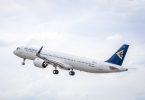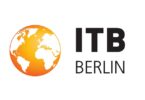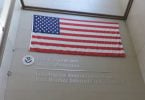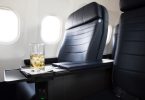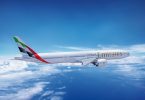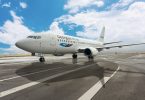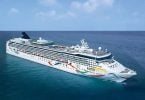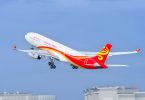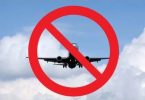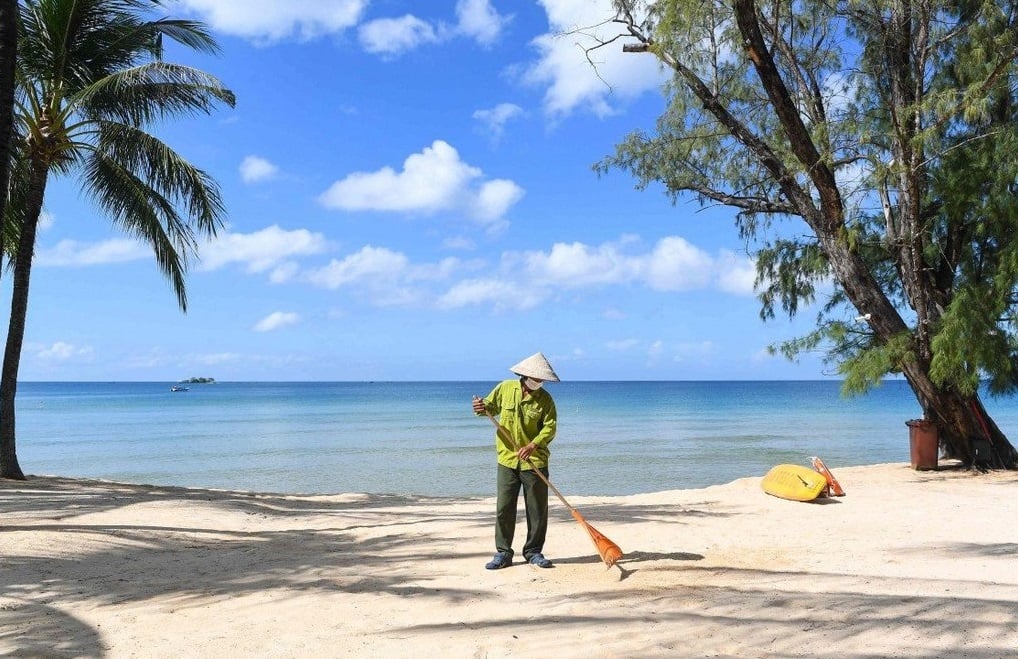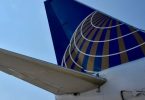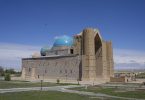According to local media reports, Nigeria’s government is planning to sell three jets currently in its Presidential Air Fleet (PAF) as part of a cost-cutting drive in the West African nation struggling with economic recession.
Anonymous government source told the local press that Nigeria’s President Tinubu ordered the fleet of six aircraft and four helicopters to be scaled back amid worries about ballooning costs.
Apparently, the officers in the PAF are particularly worried about how often the aircraft would need to be serviced and how much it would cost the country, the official said, adding that the President had decided to let go the aircraft that are the costliest to maintain.
Reportedly, Nigerian government had budgeted about 80 billion naira (around $60 million) for the Presidential Air Fleet’s upkeep costs between 2016 and 2023.
Nigeria previously attempted to sell two planes in 2016 during the administration of former president Muhammadu Buhari but was unable to find buyers. The initial bidders reportedly offered $11 million for the Dassault Falcon 7x executive aircraft and a Beechcraft Hawker 4000 business jet, instead of the asking price of $24 million. The government rejected the offer.
Nigerian government tried to sell two aircraft in 2016 under the leadership of former president Muhammadu Buhari, however, it was not successful in finding someone interested in buying the planes at asking price. The $11 million bid for the Dassault Falcon 7x executive aircraft and a Beechcraft Hawker 4000 business jet, fell short of the $24 million pricetag. Consequently, Abuja turned down the offer.
Africa’s most populous country has been gripped by a cost-of-living crisis since President Tinubu, who took office in May, removed a fuel subsidy as part of budget deficit-reduction reforms, sparking street protests and nationwide strikes. Last week, the Nigerian leader, who has vowed to “re-engineer” the country’s finances and curb “selfish interests,” issued an order suspending all publicly funded international travel for government officials with the aim of scaling down administrative spending.
Nigeria, the country with the largest population in Africa, has been facing a significant challenges in terms of the cost of living. This crisis emerged after President Tinubu, who assumed office last May, ended various endowments, including the fuel subsidy, as part of measures to reduce the budget deficit. This decision led to widespread street riots and labor actions across the country. In an effort to control administrative expenses and prioritize the country’s financial stability over personal interests, the Nigerian leader recently issued a directive to suspend all publicly funded international travel for government officials. This move aims to streamline administrative spending and bring about a much-needed reformation in the country’s financial landscape.
President Tinubu and his officials faced a lot of backlash for their overseas travel, which led to the implementation of the cost-cutting program that started on April 1 and will continue for three months. Last November, over 400 Nigerian government officials attended the COP28 climate conference in Dubai.





